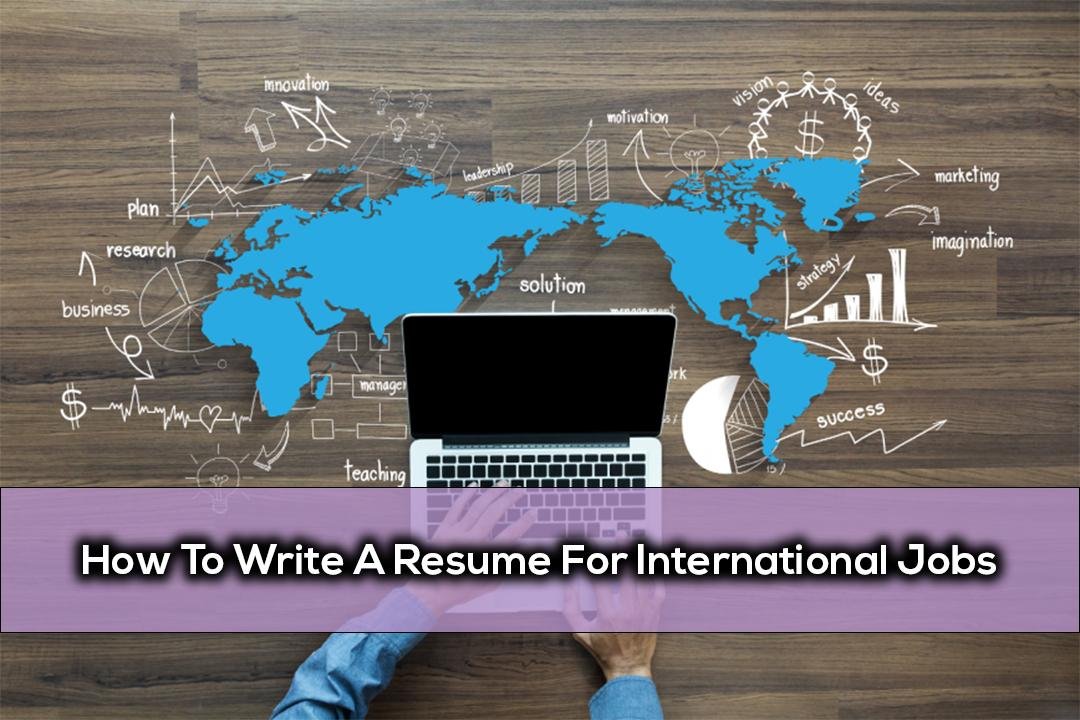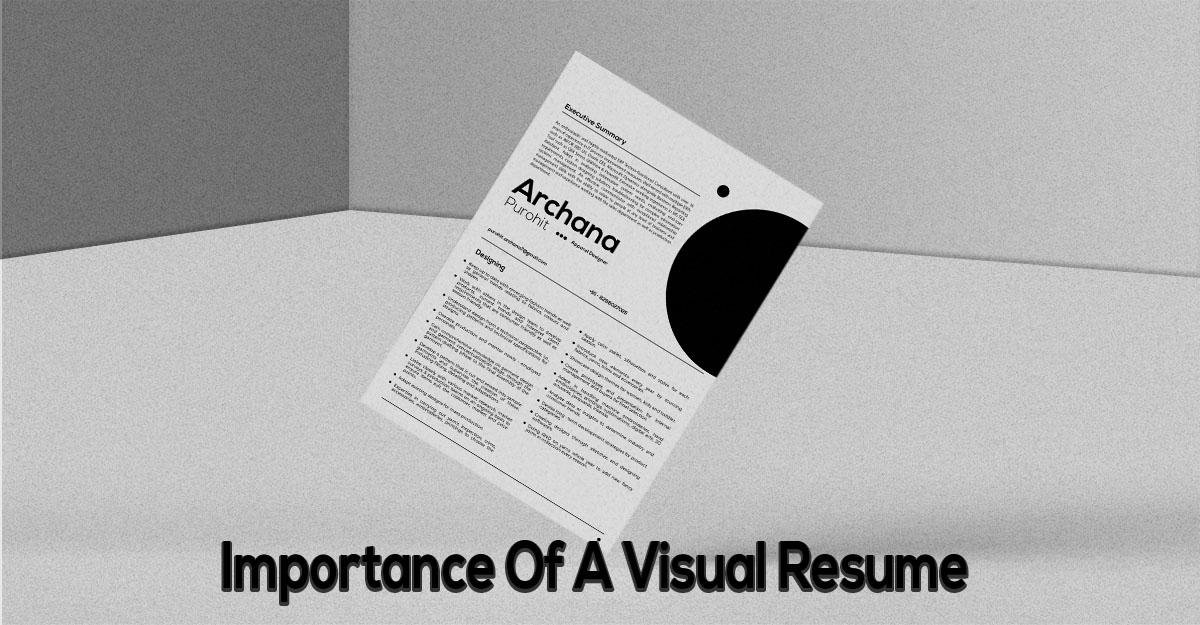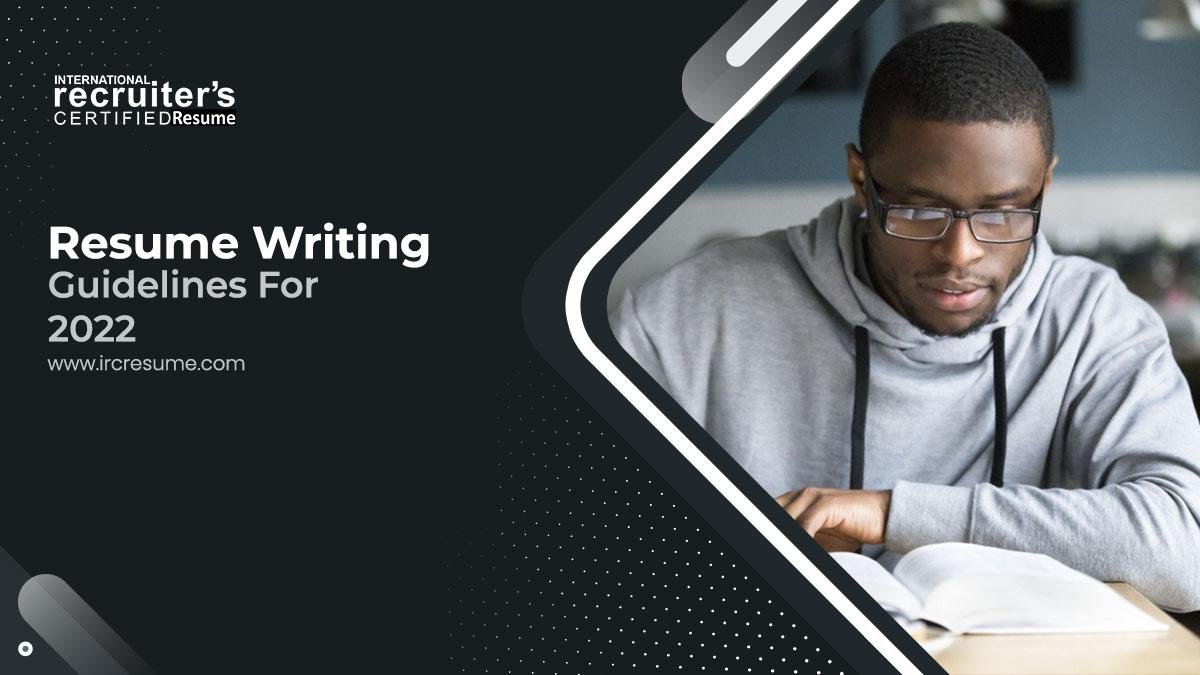Crafting a Resume for a Human Resources Role: Essential Sections and Tips

In today's competitive job market, crafting a resume that stands out is essential, especially when targeting roles in Human Resources (HR). As the gatekeeper of talent acquisition, HR professionals hold a critical role within organizations. Consequently, their resumes must showcase not only their qualifications but also their ability to manage personnel effectively. In this guide, we'll explore the essential sections and offer valuable tips to help you craft a winning resume tailored for an HR role.
1. Contact Information
Begin your resume with your name, professional title (such as "HR Manager" or "HR Specialist"), and contact information. Include your phone number, email address, and LinkedIn profile (if available). Make sure this information is clear and easily accessible.
2. Professional Summary or Objective
A concise summary or objective statement can provide recruiters with a snapshot of your expertise and career goals. Tailor this section to highlight your HR experience, key skills, and achievements. Keep it brief, but impactful.
3. Core Competencies
Create a section dedicated to listing your core competencies or skills relevant to HR. Include both technical skills (e.g., proficiency in HRIS software) and soft skills (e.g., communication and conflict resolution).
4. Work Experience
Detail your work experience in reverse chronological order, starting with your most recent position. Focus on highlighting your accomplishments and contributions in previous HR roles. Quantify your achievements whenever possible to demonstrate your impact.
5. Education
List your educational background, including degrees, certifications, and relevant training programs. While a degree in HR or a related field is beneficial, emphasize any HR-specific certifications or professional development courses you've completed.
6. Professional Affiliations
If you belong to any HR-related professional associations or organizations, such as the Society for Human Resource Management (SHRM), include them in this section. Membership in these groups demonstrates your commitment to staying current in the field.
7. Optional Sections
Depending on your experience and qualifications, you may choose to include additional sections such as:
- Languages: If you're multilingual, list the languages you speak and your proficiency level.
- Volunteer Experience: Highlight any volunteer work relevant to HR, such as recruitment events or HR-related projects.
- Professional Development: Include any workshops, seminars, or conferences you've attended to enhance your HR skills.
Tips for Crafting a Standout HR Resume:
-
Tailor Your Resume: Customize your resume for each HR role you apply for, highlighting the skills and experiences most relevant to the job description.
-
Quantify Your Achievements: Whenever possible, use numbers and metrics to quantify your accomplishments, such as the number of hires you've facilitated or the percentage increase in employee engagement.
-
Highlight HR Keywords: Incorporate HR-specific keywords and phrases from the job posting into your resume to increase the chances of passing through applicant tracking systems (ATS).
-
Showcase Soft Skills: In addition to technical HR skills, emphasize soft skills like communication, empathy, and conflict resolution, which are essential for success in HR roles.
-
Keep It Concise: Aim for a one-page resume if possible, focusing on the most relevant information and avoiding unnecessary details.
By following these essential sections and tips, you can create a compelling resume that showcases your qualifications and makes a strong impression on HR recruiters. Remember to continuously update and refine your resume as your career progresses.









